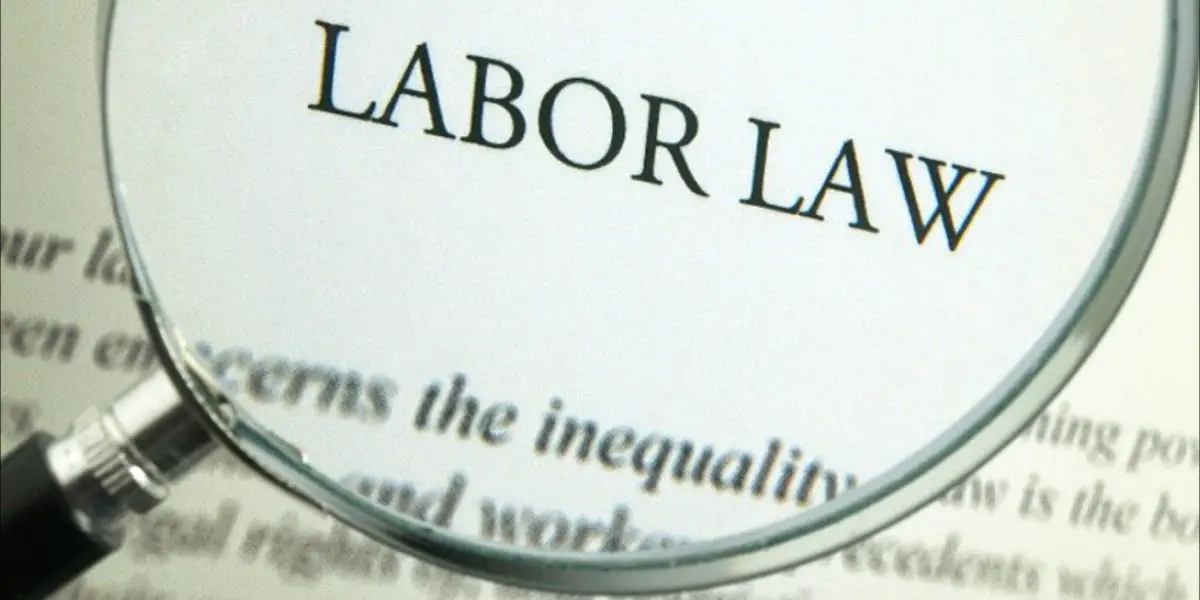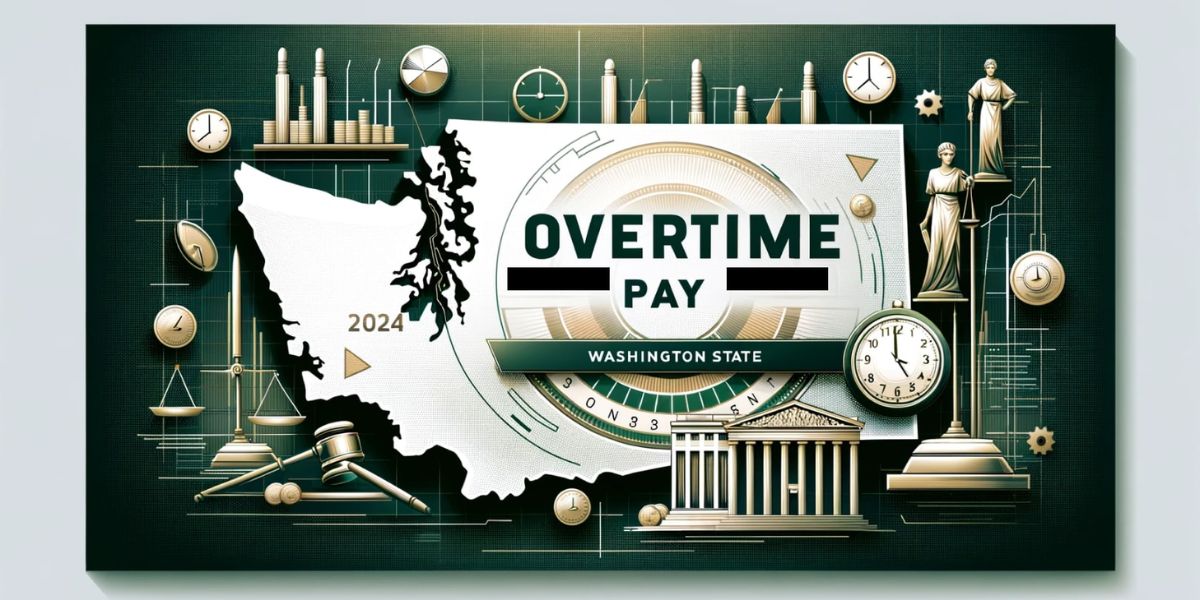As New York State heads into 2025, employers must be aware of significant labor law changes that could impact their operations.
With a focus on enhancing worker protections, promoting pay transparency, and addressing workplace safety, these upcoming laws will require adjustments from businesses of all sizes. Here’s what New York employers need to know and prepare for as the year approaches.
1. New York’s Pay Transparency Laws
One of the most significant changes for 2025 involves New York’s growing focus on pay transparency. In 2022, New York City introduced a law requiring employers to include salary ranges in job postings. Starting in 2025, statewide pay transparency laws will take effect, requiring all employers to post salary ranges on job listings, regardless of location.
This move is part of a broader push for pay equity and aims to address gender and racial pay gaps. Employers will need to adjust their hiring practices and recruitment materials to ensure they are in compliance with the new law. It’s important to note that this change could influence not just job postings but also internal promotion and salary discussions, which will need to be carefully managed to avoid potential discrimination claims.
2. New Minimum Wage Laws
New York State has steadily increased its minimum wage in recent years, and 2025 will bring additional wage hikes, particularly in New York City and Long Island. For 2025, the minimum wage will increase to $16.00 per hour for workers outside of New York City, with certain adjustments based on the cost of living and local economic conditions.

Employers should ensure they are complying with these wage hikes across all locations and update their payroll systems accordingly. Failure to meet the minimum wage requirements could lead to legal challenges, penalties, and damages.
3. Paid Family and Medical Leave (PFML) Expansion
New York’s Paid Family Leave (PFL) program will continue to expand in 2025, and employers must adjust their policies to accommodate the changes. The program offers employees paid time off for various family-related reasons, including caring for a new child, ill family members, or managing personal health issues.
California Rejects Measure to Raise Statewide Minimum Wage to $18
Starting in 2025, the state will increase the maximum duration of leave available and the wage replacement percentage. This means that more workers may be eligible for longer leaves with a larger percentage of their pay covered. Employers will need to update their leave policies and ensure they are providing the correct benefits, in line with the new regulations.
4. Expansion of Anti-Harassment Training Requirements
New York State has long required employers to provide annual sexual harassment training. In 2025, this training requirement will expand to include a broader range of discrimination and harassment training. Employers will be expected to provide more comprehensive training, addressing issues such as:
- Disability discrimination
- Age discrimination
- Bias-related harassment
Employers must ensure they are providing this training to all employees and keeping records of completion to demonstrate compliance. Companies should consider revising their employee handbooks and training materials to reflect these broader requirements.
5. Increased Workplace Safety and Mental Health Protections
Hawaii’s Overtime Pay Laws: Essential Information For Fair Wages
As mental health becomes a more prominent focus in the workplace, 2025 will bring new safety regulations designed to protect workers’ mental well-being. Employers will need to implement workplace safety programs that not only address physical hazards but also create environments that support mental health.
New York’s evolving workplace safety regulations will require businesses to assess and mitigate workplace stressors, promote mental health resources, and maintain accessible accommodations for employees facing mental health challenges. Businesses will need to train managers to recognize potential mental health concerns and ensure workers have access to support systems.
6. Changes to Independent Contractor Rules
In 2025, New York will further tighten the rules regarding independent contractors, requiring businesses to carefully consider how they classify workers. The state has adopted stricter criteria for determining whether a worker should be classified as an independent contractor or an employee.
This adjustment is designed to protect workers from misclassification, ensuring they are entitled to benefits like unemployment insurance and workers’ compensation. Employers will need to review their workforce and ensure they are properly classifying contractors according to the updated guidelines.
What Employers Need to Do Now
Given the substantial labor law changes coming in 2025, it’s crucial for employers to start preparing now to avoid penalties and ensure smooth compliance with these new regulations. Here are some essential steps for businesses to take:
- Review Pay Practices: Ensure all job postings and internal compensation discussions comply with the new pay transparency laws. Update job listings to include salary ranges.
- Update Wage Structures: Adjust payroll systems and pay rates to reflect the minimum wage increases in your area.
- Revise Leave Policies: Review and update Paid Family Leave policies and make necessary changes to accommodate the expanded benefits.
- Enhance Training Programs: Update anti-harassment and discrimination training programs to cover a broader range of issues, including disability and age discrimination.
- Focus on Mental Health: Start planning for the implementation of mental health protections and workplace safety programs to promote employee well-being.
- Assess Worker Classifications: Conduct an audit of your workforce to ensure workers are properly classified as employees or independent contractors under the new rules.
Conclusion
New York’s labor laws are evolving rapidly, and 2025 will bring about several important changes that affect nearly every employer in the state.
From pay transparency and increased minimum wages to expanded leave policies and workplace safety requirements, businesses will need to stay ahead of these changes to remain compliant and avoid costly penalties. By reviewing and adjusting your policies now, you can ensure a smooth transition into 2025 and beyond, fostering a better work environment for all employees.




